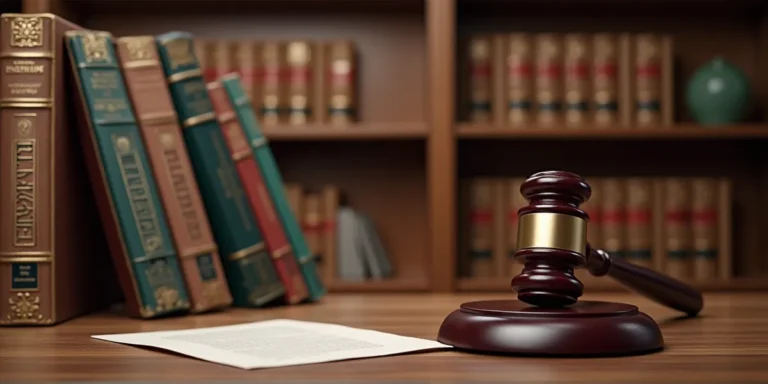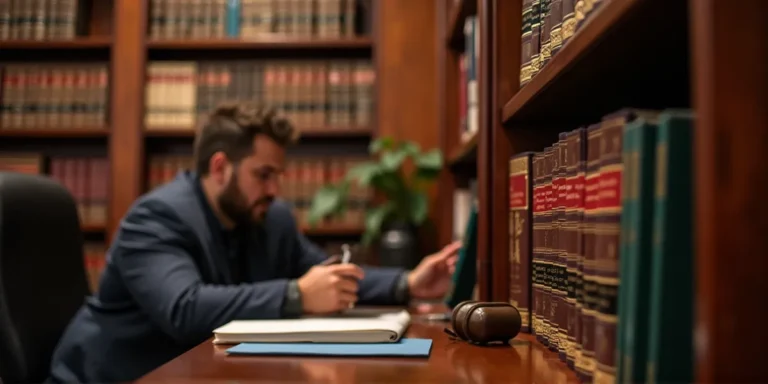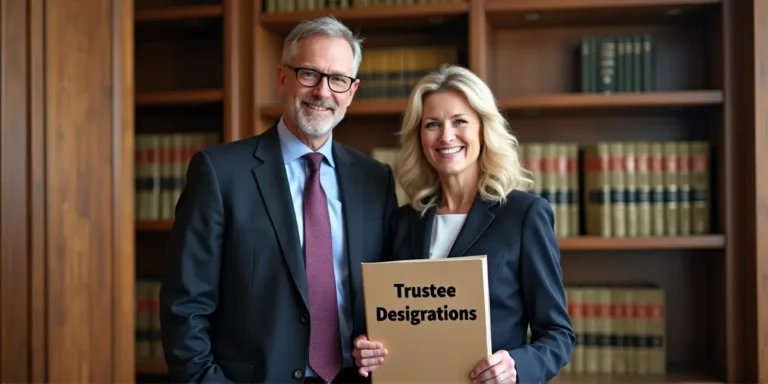In California, the death of an individual does not automatically erase all debts, though some obligations end when the debtor passes away. Generally, debts are paid from the estate before heirs receive any inheritance. The role of the executor or administrator is to gather the estate’s assets, pay valid creditor claims, and then distribute what remains to beneficiaries. However, certain types of debt do not survive death, while others must still be resolved under California Probate Code.
 One category of debt often forgiven at death is federal student loans. When a borrower dies, the U.S. Department of Education discharges the outstanding balance, and the estate is not responsible for repayment. Private student loans, however, are more complex. Some lenders offer death discharges, but others may pursue repayment through the estate. Reviewing loan agreements and knowing which debts are federally backed is critical for families navigating these obligations.
One category of debt often forgiven at death is federal student loans. When a borrower dies, the U.S. Department of Education discharges the outstanding balance, and the estate is not responsible for repayment. Private student loans, however, are more complex. Some lenders offer death discharges, but others may pursue repayment through the estate. Reviewing loan agreements and knowing which debts are federally backed is critical for families navigating these obligations.
Another debt that typically ends at death is personal credit card debt held in the decedent’s name only. Credit card companies cannot demand repayment from family members unless they were joint account holders or co-signers. That said, creditors can file claims against the estate, and if sufficient assets exist, these debts must be paid before beneficiaries receive distributions. Authorized users on the account are not liable, but any estate assets may be diminished by repayment.
Medical bills, common at the end of life, do not disappear automatically. Hospitals and healthcare providers can file claims in probate to collect payment from the estate. If Medi-Cal provided benefits, the state may also seek reimbursement under California’s estate recovery laws, though reforms have limited recovery to assets subject to probate. Families often underestimate the financial impact of medical expenses, making planning with trusts an effective way to shield certain property from claims.
| Type of Debt | Forgiven at Death? | California Consideration |
|---|---|---|
| Federal Student Loans | Yes | Automatically discharged upon death |
| Private Student Loans | Sometimes | Depends on lender policies |
| Credit Card Debt | No, unless no estate assets | Estate pays, family not liable unless co-signer |
| Medical Bills | No | Providers and Medi-Cal may file estate claims |
| Mortgage Debt | No | Heirs must pay or risk foreclosure |
Mortgage debt is not forgiven at death. If a homeowner dies with an outstanding mortgage, the loan must still be paid by the estate or the heir who inherits the property. Federal law prohibits lenders from immediately calling the loan due if a family member inherits the home, but payments must continue. Failure to keep the mortgage current can result in foreclosure, making communication with the lender a critical step for heirs.
In conclusion, not all debts vanish at death in California. Federal student loans are forgiven, and sometimes private loans may be discharged, but most other debts—including medical bills, credit card balances, and mortgages—remain the responsibility of the estate. Beneficiaries are generally not personally liable unless they co-signed the debt, yet estate assets may be reduced significantly by creditor claims. A practical way to protect family wealth is through trusts, updated beneficiary designations, and careful planning to minimize estate exposure to creditors.






